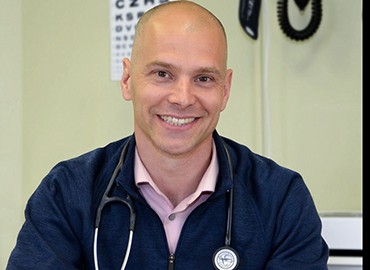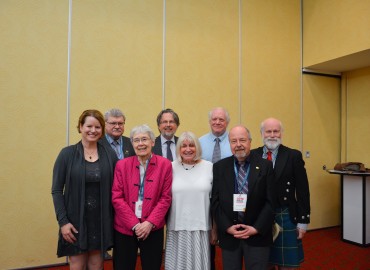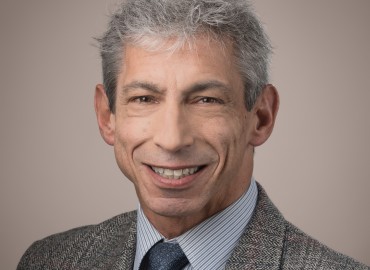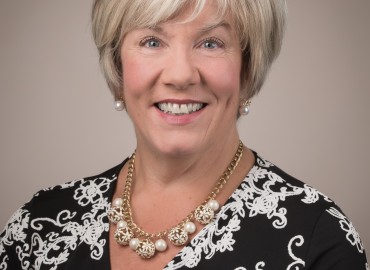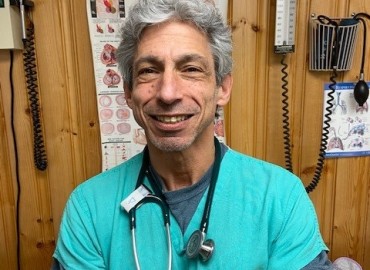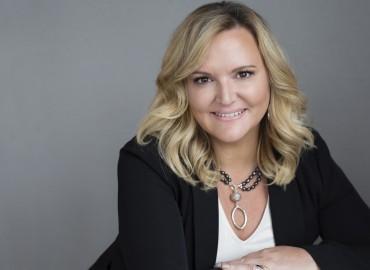Media Releases
Media Releases
Dartmouth, N.S. - Doctors Nova Scotia has reached tentative agreements with the Department of Health and Wellness on new four-year contracts, if ratified by Nova Scotia’s physicians.
Nova Scotia’s physicians will meet with provincial and federal elected officials on Saturday to share their concerns about proposed federal tax changes on private corporations.
Today, during National Palliative Care Week, Doctors Nova Scotia released 10 recommendations to improve palliative care in Nova Scotia.
Government is investing more than $4 million to support family doctors to communicate with patients by telephone and through e-health services.
Today, Doctors Nova Scotia, Maritime Resident Doctors and the Dalhousie Medical Students’ Society released a position paper, Road Map to a Stable Physician Workforce, which calls on the provincial government to take immediate action to stabilize the physician workforce in Nova Scotia.
Today’s provincial budget announcement misses the mark when it comes to creating an environment that will keep doctors practising here and that will make Nova Scotia a desired place for physicians to live and work.
Members of the public and health-care providers are invited to join Dr. Constance LeBlanc and Dr. Sam Campbell as they discuss how to talk about unnecessary tests and treatments. The event is taking place on Tuesday, April 9, 2019 from 6:30–8:30 p.m.
Dr. Gary Ernest, of Liverpool, N.S., was installed as Doctors Nova Scotia’s President during the association’s annual conference on Saturday, June 8, 2019 in Halifax.
Doctors Nova Scotia honoured nine physicians for exemplary achievement at the association’s annual conference on Saturday, June 8 in Halifax, N.S.
Doctors Nova Scotia has reached tentative agreements with the Department of Health and Wellness on new four-year contracts for the province’s doctors. The contracts will be presented to Nova Scotia’s physicians for ratification.
On Nov. 25, the province’s doctors signalled they’re ready for change by approving two new four-year agreements with the provincial government.
Work is underway to reduce administrative red tape so doctors across the province can spend more time with their patients.
In the midst of the COVID-19 pandemic, Doctors Nova Scotia (DNS) welcomes the new 2020–21 president, Dr. Robyn MacQuarrie of Porters Lake, N.S.
Media Releases
Dartmouth, N.S. - Doctors Nova Scotia has reached tentative agreements with the Department of Health and Wellness on new four-year contracts, if ratified by Nova Scotia’s physicians.
Nova Scotia’s physicians will meet with provincial and federal elected officials on Saturday to share their concerns about proposed federal tax changes on private corporations.
Today, during National Palliative Care Week, Doctors Nova Scotia released 10 recommendations to improve palliative care in Nova Scotia.
Government is investing more than $4 million to support family doctors to communicate with patients by telephone and through e-health services.
Today, Doctors Nova Scotia, Maritime Resident Doctors and the Dalhousie Medical Students’ Society released a position paper, Road Map to a Stable Physician Workforce, which calls on the provincial government to take immediate action to stabilize the physician workforce in Nova Scotia.
Today’s provincial budget announcement misses the mark when it comes to creating an environment that will keep doctors practising here and that will make Nova Scotia a desired place for physicians to live and work.
Members of the public and health-care providers are invited to join Dr. Constance LeBlanc and Dr. Sam Campbell as they discuss how to talk about unnecessary tests and treatments. The event is taking place on Tuesday, April 9, 2019 from 6:30–8:30 p.m.
Dr. Gary Ernest, of Liverpool, N.S., was installed as Doctors Nova Scotia’s President during the association’s annual conference on Saturday, June 8, 2019 in Halifax.
Doctors Nova Scotia honoured nine physicians for exemplary achievement at the association’s annual conference on Saturday, June 8 in Halifax, N.S.
Doctors Nova Scotia has reached tentative agreements with the Department of Health and Wellness on new four-year contracts for the province’s doctors. The contracts will be presented to Nova Scotia’s physicians for ratification.
On Nov. 25, the province’s doctors signalled they’re ready for change by approving two new four-year agreements with the provincial government.
Work is underway to reduce administrative red tape so doctors across the province can spend more time with their patients.
In the midst of the COVID-19 pandemic, Doctors Nova Scotia (DNS) welcomes the new 2020–21 president, Dr. Robyn MacQuarrie of Porters Lake, N.S.


